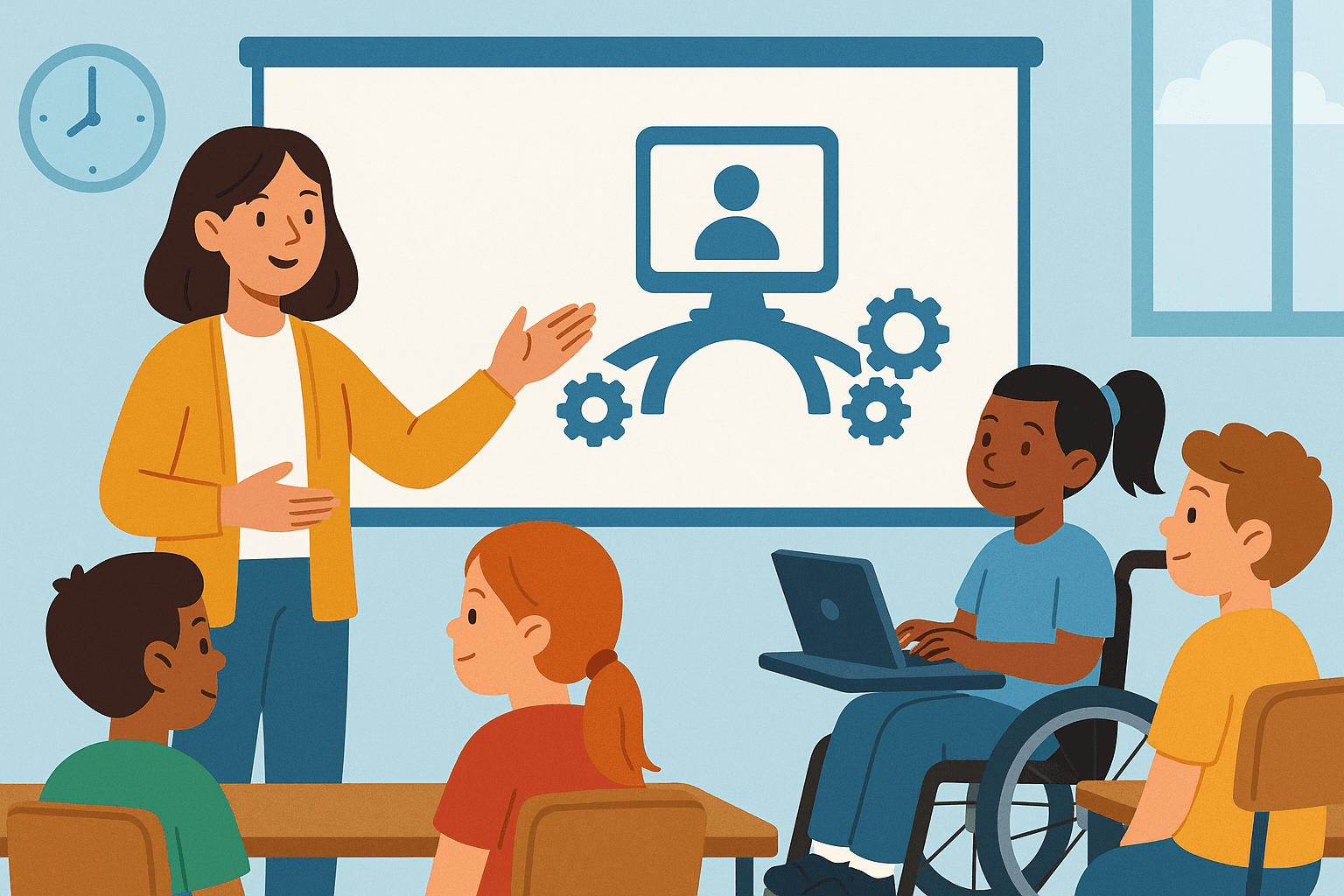Recently I took a course to become an Elklan Tutor which has enabled me to deliver a specialist accredited training course for those working with users of alternative or augmented communication (AAC).
Elklan specialise in speech and language therapy and their courses are designed to help professionals and parents to support children and young people with speech, language and communication needs (SLCN).
AAC has always been a passion of mine. Starting as a special educational needs and disabilities (SEND) teacher now working as an assistive technology consultant, I have been trained in and have experience of using a plethora of techniques in supporting children and young people with (SLCN) from Intensive Interaction to PECs, Eye Gaze to Switches. As a parent of a child with SLCN I have also developed the use of symbols and Makaton within my own home.
Becoming an Elklan Tutor was a decision I made after visiting families who had been thrown into this world of special educational needs and disabilities (SEND). From my own personal experience of having a child with SEND, you are suddenly met with a large team of people who are supporting your child. Dealing with all these people can often feel like a full-time job. Elklan breaks this down by placing your child as the AAC user at the centre and explains what it is that each member of that professional team does to support your child.
The course I will be delivering here at access: technology is called ‘Supporting Children and Adults using AAC’. I hope for it to be a place for parents and carers to come together, share experiences and learn from each other.
The course is delivered over five, one-hour sessions. It lasts ten weeks in total and is self-guided learning, meaning that the time in between sessions is a time for reading, reflection and completion of a simple written task. Each member will receive a course book and all work is logged and submitted on an e-learning website.
The course will introduce AAC, how to assess its development, the different forms it takes from paper-based systems up to power based devices and provide lots of supporting strategies and techniques. I believe it will be of real interest to those families who have a large care team supporting their child to embody a shared approach.
The course can also account towards accreditation at Level 2 or 3. If a person decides they wish to only participate for their own personal development then they will receive an attendance certificate. No matter what level, each person will attend the same course and materials, however the higher the level the more written work is required.
I am really looking forward to delivering this course to families and their support network through access: technology and believe it will make a big difference to the lives of our clients. If you would like any further information then please make contact. My email address is tom.mc@accesstechnology.co.uk.
Thanks,
Tom McDonald
Ready to explore how assistive technology can help?
Our team of experts is here to provide personalised advice and solutions.
Contact us today for a friendly, no-obligation discussion about your needs.
Get in Touch


